Rural America Is Primed for an HIV Epidemic
A staggering 188 infections in Austin, Ind. -- a rural town of only 4,300 people -- is evidence of a growing problem in counties throughout the U.S.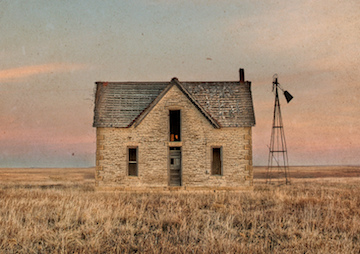 Lane Pearman / CC-BY-2.0
Lane Pearman / CC-BY-2.0
A staggering 188 infections in Austin, Ind. — a rural town of only 4,300 people — is evidence of a growing problem in counties throughout the U.S.
The Guardian reports:
The threat of another outbreak such as the one in Austin, Indiana, so concerned the Centers for Disease Control and Prevention (CDC) that the federal agency drafted a report showcasing which places in the US are most vulnerable to a similar outbreak.
HIV rates among drug users have dropped substantially since they peaked in the 1980s and before Indiana’s outbreak, rural counties had been largely insulated from outbreaks of HIV. But the opioid addiction epidemic has put new communities at risk.
“If we don’t begin to think about how we could prevent this from happening again, it could really erode our success,” said John Brooks, a CDC epidemiologist and the senior author of the vulnerability assessment.
The CDC determined a county’s vulnerability with a sobering recipe: high rates of drug overdose deaths and prescription opioid sales, a high white population, astounding rates of hepatitis C and searing poverty.
HIV infection rates have been reduced significantly over the past three decades, but without aggressive public intervention, the virus may be more difficult to contain in rural areas.
HIV rates among the injection drug users in the US dropped from a peak of nearly 35,000 infections annually in the late 1980s to just 3,900 new infections in 2010, according to the CDC.
And before the opioid abuse epidemic, those cases had been almost completely confined to urban areas that have since been armed with needle-exchange programs and extensive, affordable testing. But needle exchanges have long been controversial in the US, especially in the conservative states where opioid abuse is most prominent.
In Indiana, Governor Mike Pence, the Republican vice-presidential nominee, scrambled to respond to a crisis experts there had warned was brewing. He made needle exchanges temporarily legal and emergency funds were directed to setting up an HIV response team in Austin, which had one primary care doctor.
Kentucky saw what was happening in Indiana and became the first state in the south to make needle exchanges legal in March 2015. …
But … introducing these programs is a slow process, particularly in rural areas. “There are small towns there where everyone knows everybody, everyone is having unprotected sex together, but there are no syringe exchanges, no harm reduction programs, in those particular counties and in a lot of other countries in Kentucky,” [said Donald Davis, co-founder of Harm Reduction Kentucky.]
—Posted by Alexander Reed Kelly.
Your support matters…Independent journalism is under threat and overshadowed by heavily funded mainstream media.
You can help level the playing field. Become a member.
Your tax-deductible contribution keeps us digging beneath the headlines to give you thought-provoking, investigative reporting and analysis that unearths what's really happening- without compromise.
Give today to support our courageous, independent journalists.
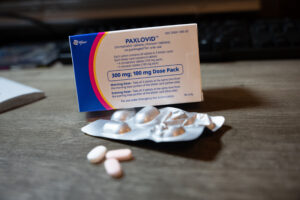
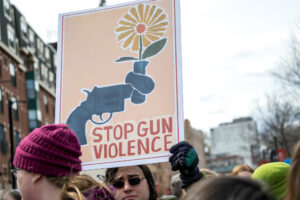
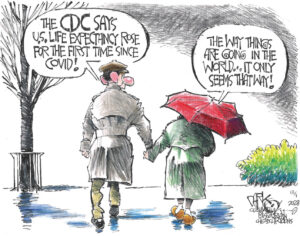


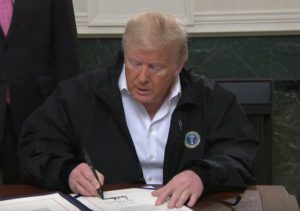
You need to be a supporter to comment.
There are currently no responses to this article.
Be the first to respond.